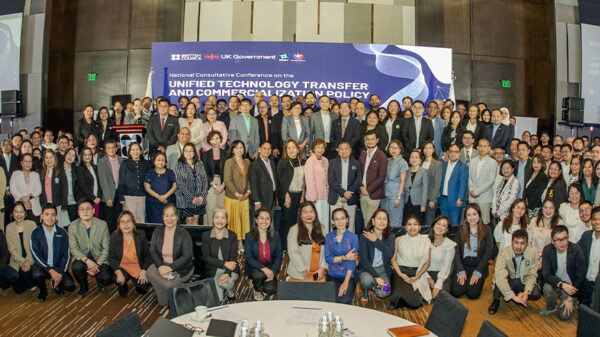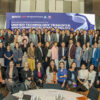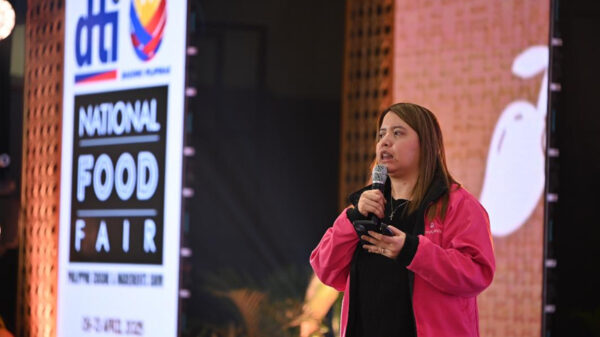Digital media have fundamentally changed the way we consume news. It is often assumed that the use of social networks and search engines has had a negative impact on the diversity of news that people access. This is often attributed to the algorithmic filtering used by these intermediaries, which only displays information that corresponds to the individual users’ interests and preferences.
However, a recent study undertaken by researchers from Johannes Gutenberg University Mainz (JGU), the University of Hohenheim, and GESIS – the Leibniz Institute for the Social Sciences in Cologne contradicts this widespread conjecture. Based on an innovative analysis of the web browsing behavior of more than 5,000 German Internet users, the results show that the use of intermediaries such as Facebook, Twitter, Google, or portals like GMX actually results in more visits to news sites and a greater variety of news sites visited. This runs counter to what has been postulated to date.
“Anyone visiting Facebook or Google is much more likely to come into contact with news items. Therefore the use of these intermediaries is an important mechanism in the consumption of news on the Internet,” said Dr. Frank Mangold of the University of Hohenheim. The research team attributes this to the concept of incidental exposure to news. In the case of traditional media such as television and newspapers, people often only see the news if they deliberately choose to do so. On intermediary platforms they can also come into contact with news by chance, if, for example, their contacts share news content with them or they happen upon interesting articles when checking their emails. According to the researchers, the study’s findings could have significant political and social implications, as they disprove the notion of the formation of filter bubbles and echo chambers. “Previous debates have, in many respects, revolved around the fear that online media would lead to new social barriers,” said Professor Michael Scharkow of Mainz University. “However, our findings show that social media and search engines in fact have great potential to break down existing barriers.”
“From previous studies undertaken by the University of Oxford in particular, we know that although access to news often happens partly by chance, it is also partly down to conscious choice. Some users even visit sites like Facebook and Twitter in order to consume news content,” added Dr. Johannes Breuer of GESIS. For their study, the researchers used a statistical model to calculate the estimated daily usage of news content in order to isolate the extent of incidental or unplanned contact with news items. “Regardless of whether a user usually consumed a little or a lot of online news, on days on which someone spent more time on Facebook, Twitter, or Google than usual, they also came into contact with more news as well as more news from different sources than usual,” stated Dr. Sebastian Stier from GESIS in the light of the findings.
Last but not least, the researchers also point out that further studies and more detailed insights into the algorithms of intermediaries are necessary in order to understand more precisely how these intermediaries promote unintended, incidental news consumption.














































































































